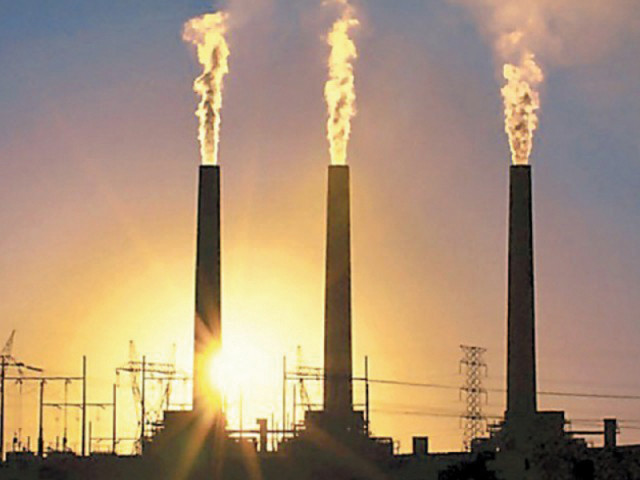Reviving RPPs: US-based firm seeks to restart power project
Will abide by terms and conditions of the new policy.

WPI said it could restart the 51MW plant within 60 to 90 days after the grant of requisite permissions under the new policy. PHOTO: FILE
Following government’s decision to bring some rental power plants (RPPs) back on track, US-based Walters Power International (WPI) has approached the Ministry of Finance, seeking utilisation of its power project in an effort to help narrow the energy deficit in the short run.
In a letter sent to Finance Minister Ishaq Dar, WPI said the company was pleased to note that the Economic Coordination Committee (ECC) had approved re-utilisation of the RPPs that had been operational until the Supreme Court’s judgment of March 30, 2012.
“However, we also note that as per news reports, the Ministry of Water and Power has revised the rental power re-utilisation capacity from 400 to 200 megawatts,” WPI said. “This bar seemingly excludes a number of RPPs that had achieved COD (commercial operation date) and are capable of generating affordable electricity to contribute to mitigating the energy crisis.”
WPI’s 51MW RPP at Naudero, Sindh represents an investment of $80 million which achieved commercial operation date on July 15, 2011 and was producing power at a tariff of 3.913 US cents until the court judgment.
According to WPI, the Asian Development Bank in its rental power review report of January 2010 recommended that eight RPPs including that of WPI be “vigorously pursued”. Furthermore, WPI’s RPP was formally cleared by the National Accountability Bureau (NAB) on July 20, 2012 and the US Department of Justice on October 31, 2012.
The US Department of Justice had launched an inquiry into the conduct of WPI, but later cleared it of any wrongdoing in installing the power plant in Pakistan.
The company suggested that re-utilisation of RPPs must be undertaken in a manner that was demonstrably transparent with the provisions of Short-term Independent Power Producers (STIPPs) policy, available to all willing and able rental power companies, in order to ensure the success and sustainability of this initiative.
WPI said it could restart the 51MW plant within 60 to 90 days after the grant of requisite permissions under the new policy. The company would strictly abide by the terms and conditions of the new policy, it said.
WPI expressed the hope that its request would be given due consideration and it would be allowed to play its part in serving Pakistan’s energy sector through production and sale of affordable electricity.
Published in The Express Tribune, April 3rd, 2014.
Like Business on Facebook, follow @TribuneBiz on Twitter to stay informed and join in the conversation.


1733130350-0/Untitled-design-(76)1733130350-0-208x130.webp)















COMMENTS
Comments are moderated and generally will be posted if they are on-topic and not abusive.
For more information, please see our Comments FAQ